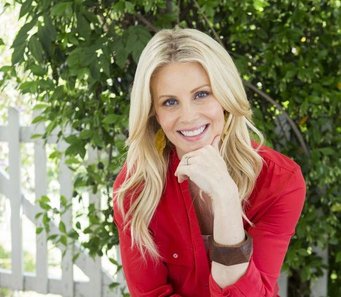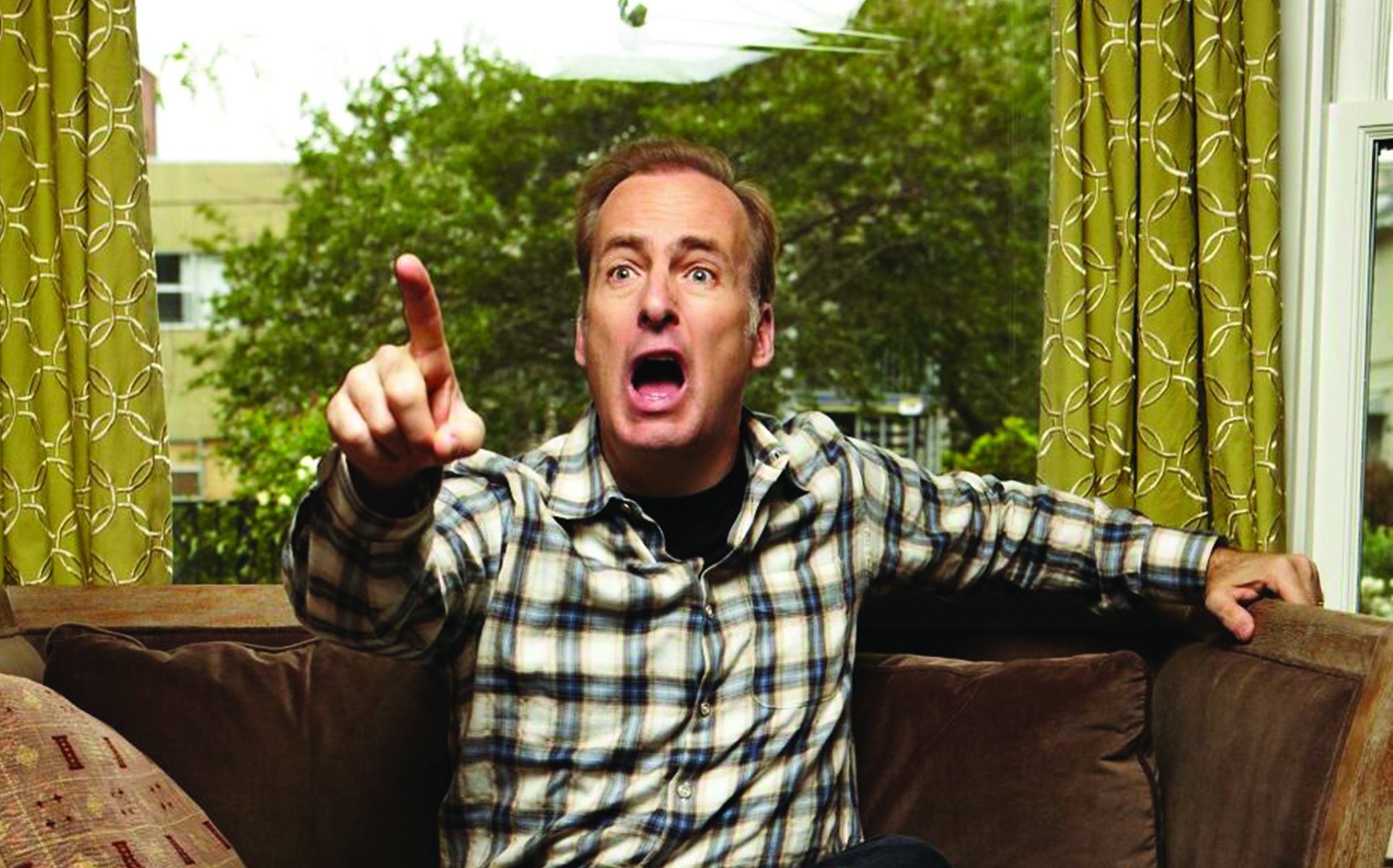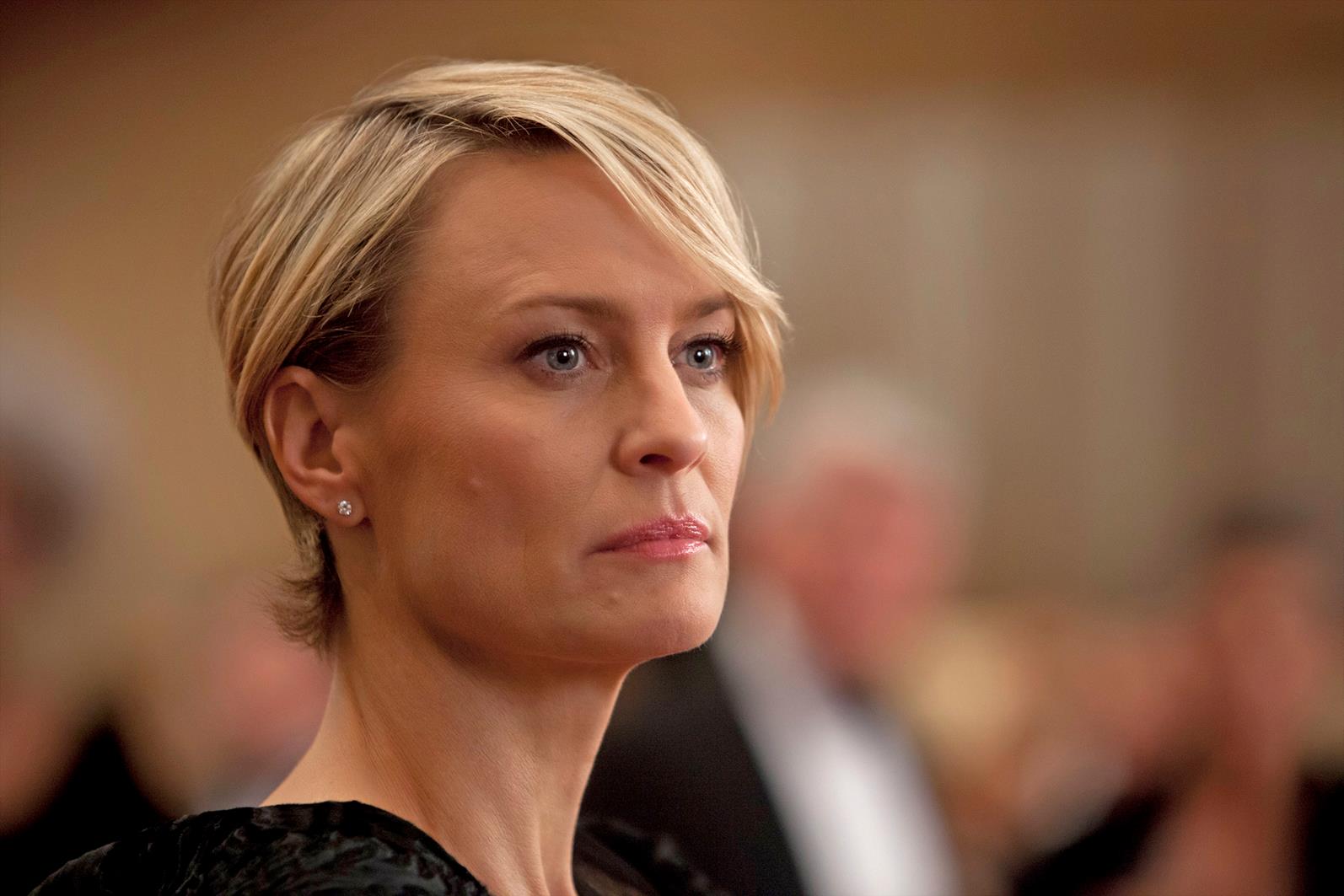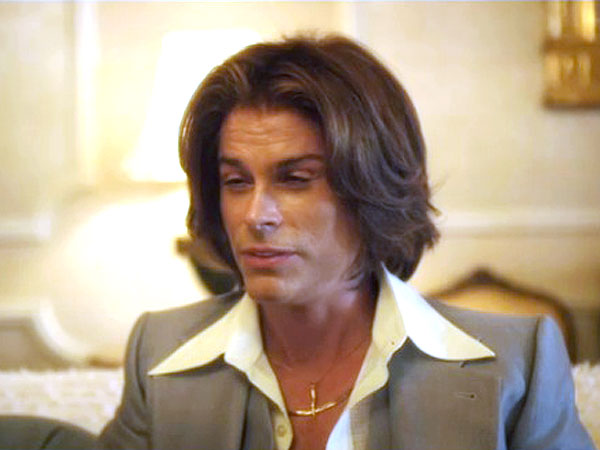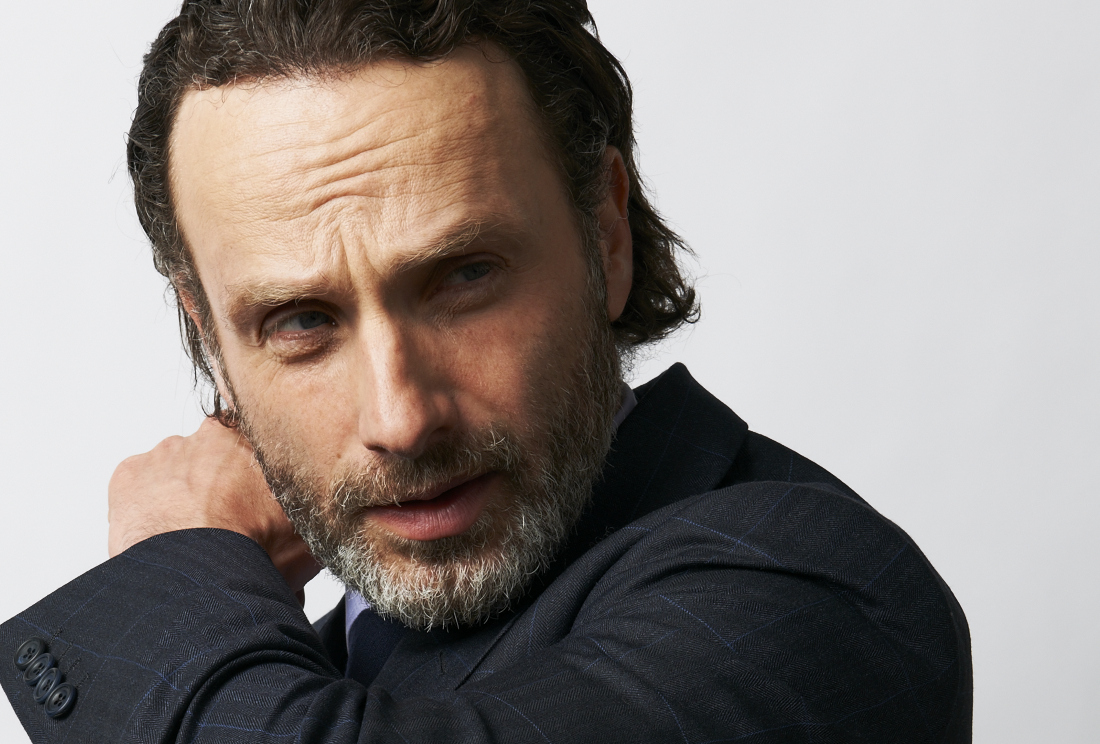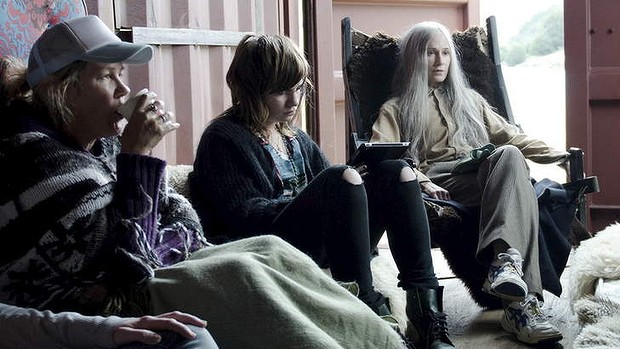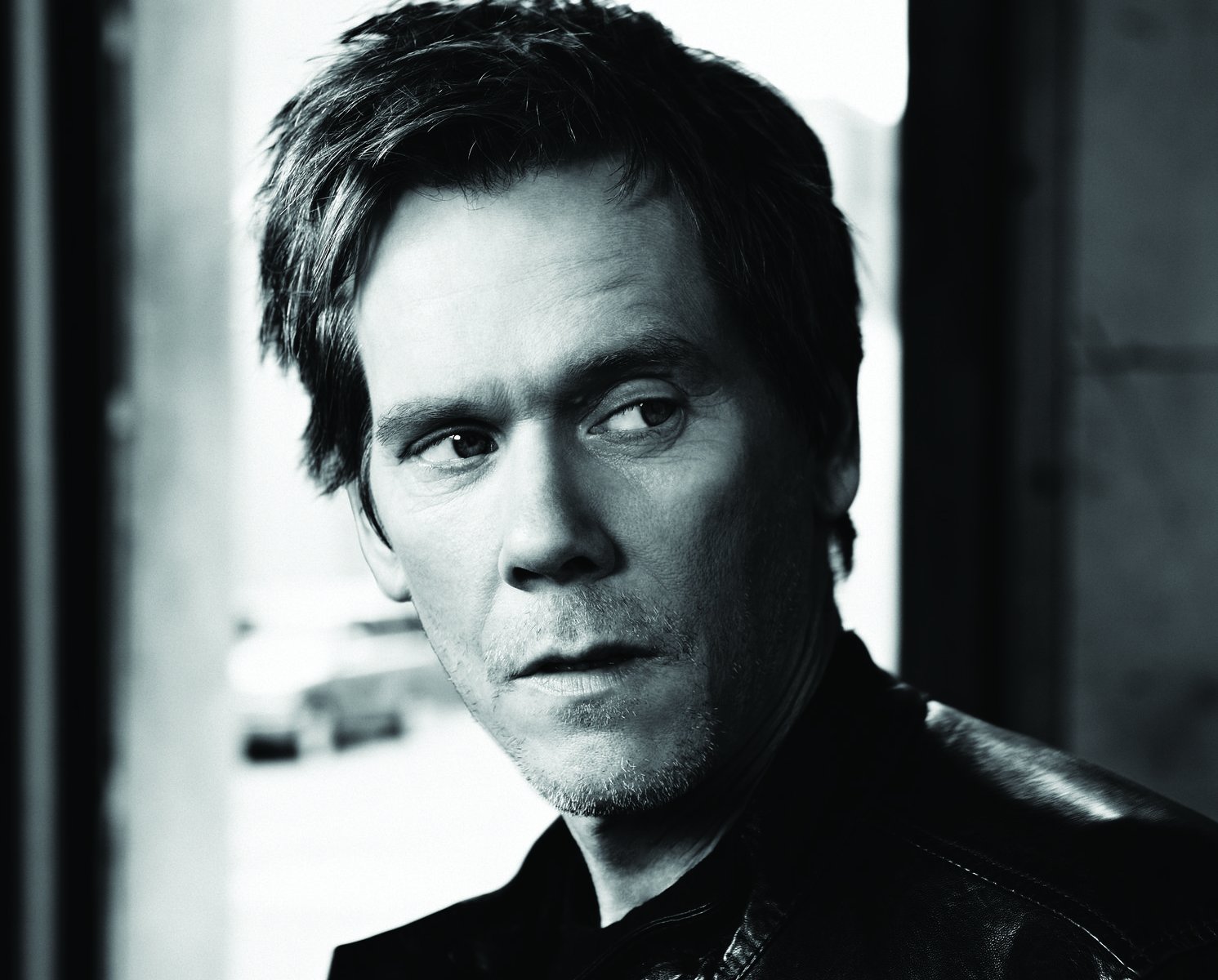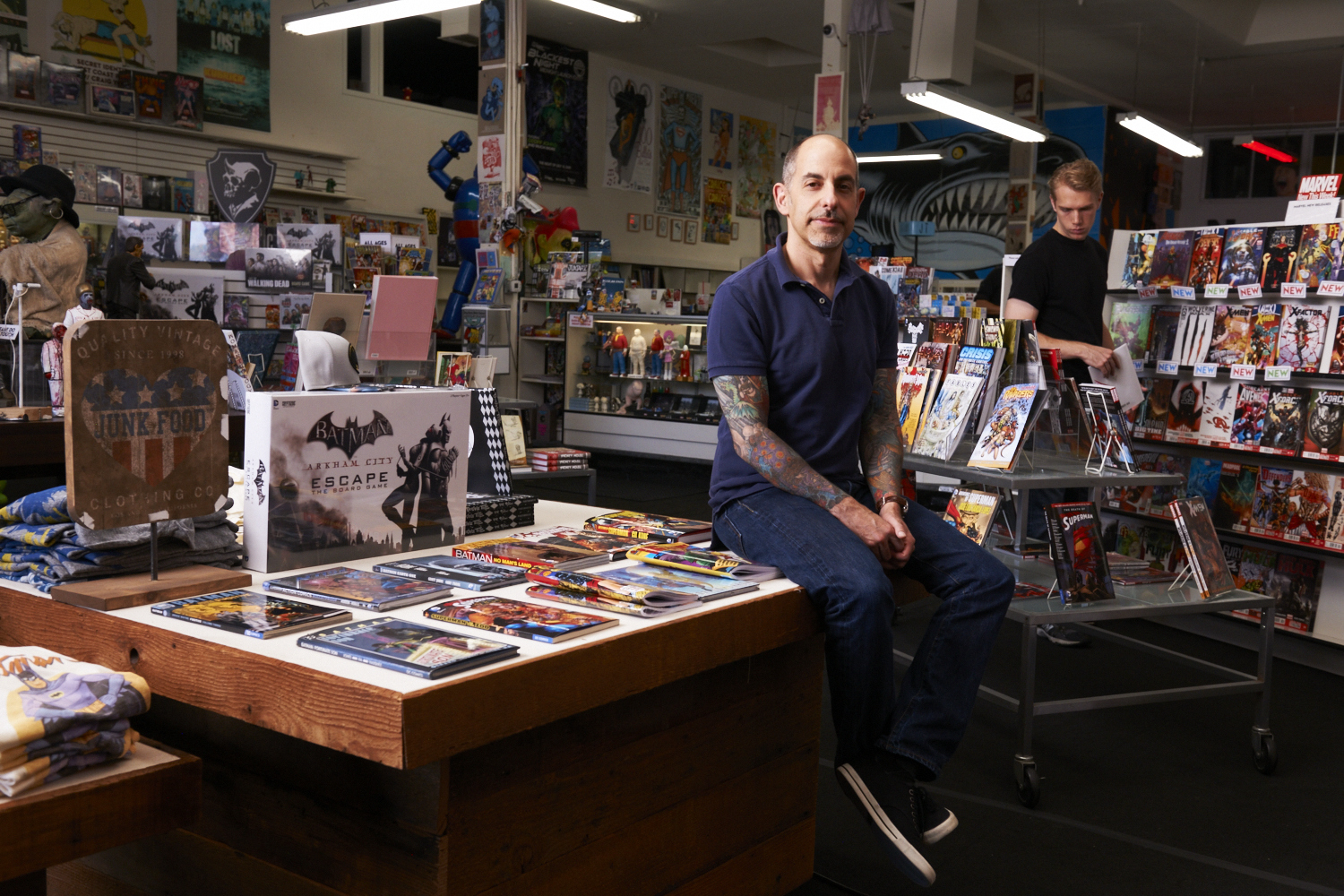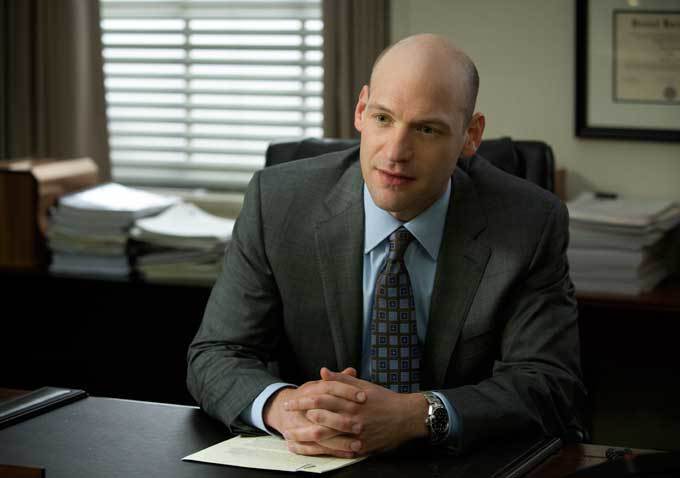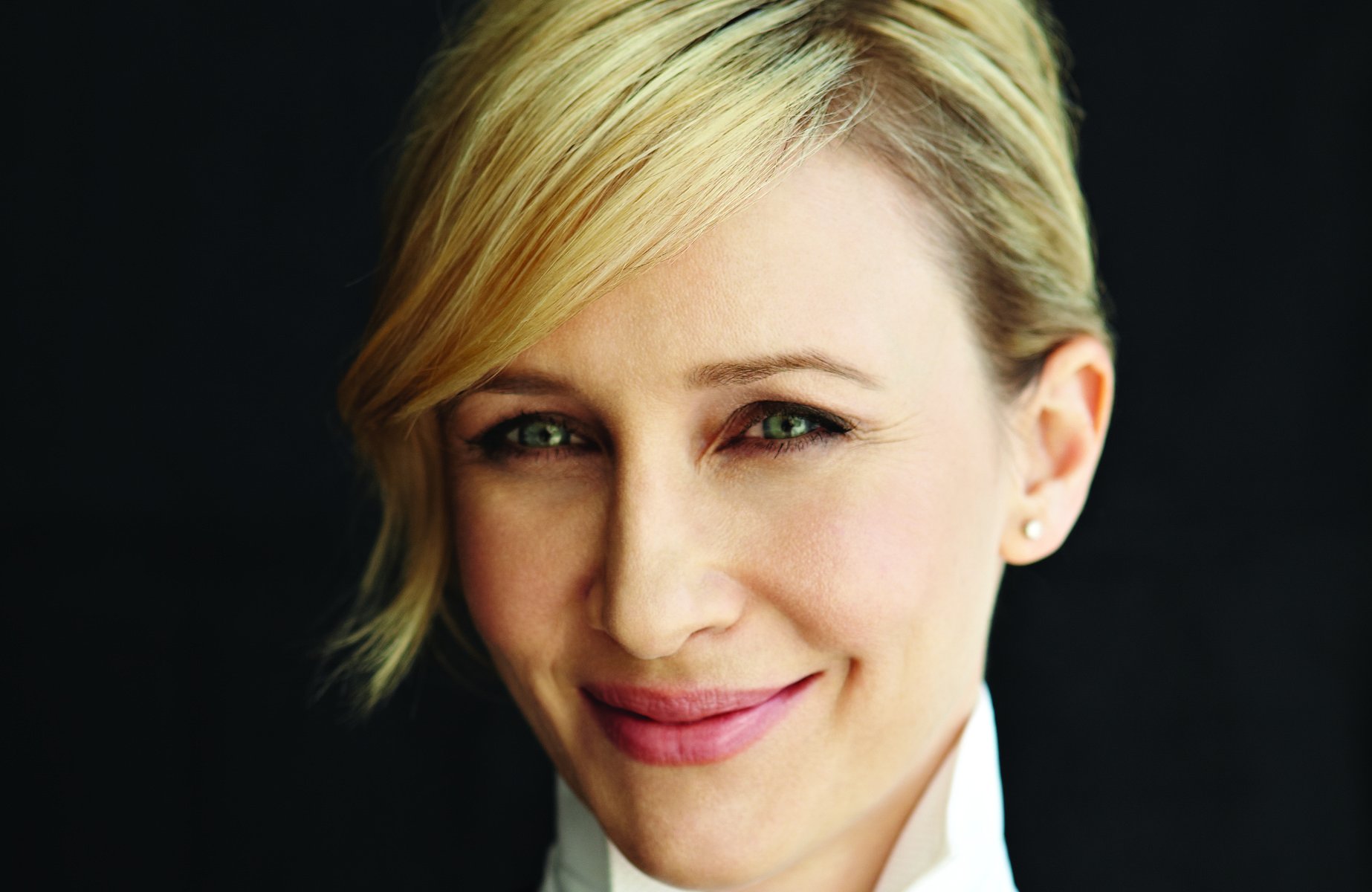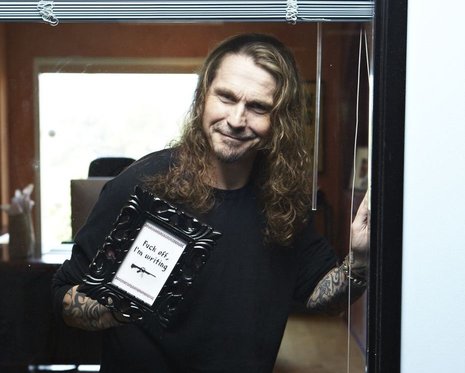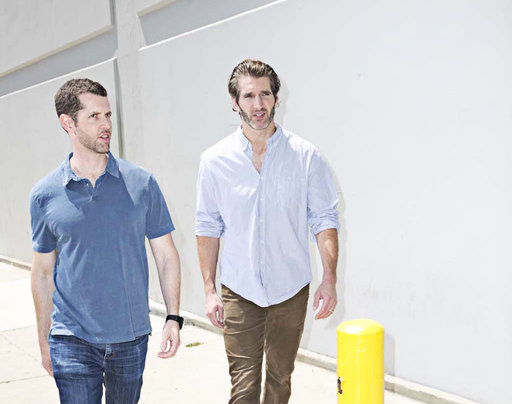Megan Masters is West Coast editor at TVLine. This story appeared in the June 19 issue of AwardsLine.
Monica Potter has a secret. Contrary to what the Parenthood actress’ drama-centric résumé—which includes big-screen offerings like Patch Adams and Along Came a Spider, and TV’s Boston Legal—might suggest, she’s actually quite funny. (“I am funny, thanks,” she insists with a laugh.) It’s that fact that makes her performance throughout the NBC drama’s fourth season all the more impressive. With ease and humility, Potter portrayed the highs and lows that come with battling breast cancer. After three seasons as a Parenthood standout, will Potter’s memorable turn (and her recent win at the Critics’ Choice Television Awards) garner her some Emmy love?
You’ve joked in the past about not being as classically trained as some of your costars—yet here we are.
(Laughs.) I’m just being tongue-in-cheek. I’ve been learning since I was in my teens, but I never went somewhere like NYU. Peter (Krause) and I joke that he went to all of these colleges and is so ‘theater,’ and I’m jealous because I’m not. (Laughs.) I’ve learned from life experiences. If you go through certain things, you’re able to pull from them.
Parenthood is no doubt an ensemble series, but Kristina’s breast cancer storyline really propelled you to the forefront.
I think the biggest reason for that is because (Parenthood executive producer) Jason Katims’ wife actually went through this. A lot of the stuff that (Peter and I) do in the show mirrors (Katims’) family; his son has Asperger’s, and his wife had breast cancer. I don’t know if this was an intentional thing, but it just took on a life of its own. It was a challenge—but I was so happy Jason gave me the work to do.
How did you prepare for this arc?
When I found out we were going to (tell this story), I wanted to ask my husband everything because he’s a cancer surgeon—but I didn’t. I didn’t ask him anything because I wanted to experience this first-hand with Kristina. Every woman’s experience is different. I’ve had close friends who had this disease and I (witnessed) what it did to their self-esteem, their family—I learned so much from just looking at it through their life and how they lived it.
Cancer storylines aren’t new to TV, but Parenthood was able to make it feel fresh—and you were able to humanize Kristina’s journey this season.
I worried about that a little bit. Women still, when they have breast cancer, go to work; they still lead their lives. They have to. But that (freshness) had a lot to do with the writing. I just did what I was supposed to do. I didn’t want to exploit it or be too “actory” about it, if that makes any sense. That’s also why I didn’t shave my head; I feel like you have to earn that. I applaud other actors who do that and I am not ripping on them, but to me, that’s a badge of honor if you’re fighting this disease.
How important was it to infuse humor into what could have been a mostly somber performance?
The women I know who have gone through breast cancer still laugh a lot. They’re not crying all day—even though Kristina did plenty of that this season. In moments throughout, we were able to make things lighter and change the tone because that’s life.
A lot of actors develop a real affinity for the characters they portray onscreen. Was it difficult for you to “watch” Kristina go through this?
Kristina actually bugged me the first couple of seasons. (Laughs.) I would think, “You need to freaking let loose!” But now I have grown to love her. This year, I really was pulling for her and just wanting her to be OK. It was one of those things where going through this with her (helped me) really love her. But the first two seasons, I was like, “Oh, boy.” (Laughs.)
Are there any moments from the past season that really stand out in your mind?
Every single moment of every single scene that I had to do was so special for me. Nothing was ever glossed over. It was like going to the Super Bowl every day and putting your best foot forward. These little moments would just unfold and happen in the best ways because they were unplanned. With some of the stuff, we were not on script and that’s when all of this really great stuff would happen. I relied so heavily on Peter, who is the most awesome actor I have ever worked with. He’s just very calming when I’m not. Same thing with Max (Burkholder) and Sarah Ramos (who plays Haddie Braverman), my little TV family. I don’t even know how to explain this last season. It was messy, it was magical, it was honest, it was grounded, it was spiritual and it was profound. I really didn’t have anything to do with it—it just happened.
You had something to do with it.
(Laughs.) I would just light my candles in my trailer before I’d shoot—I’m surprised it didn’t burn down this year! I’d say a little prayer and go to work. I was trying to not control anything and just let go. When I did that, it was great.

